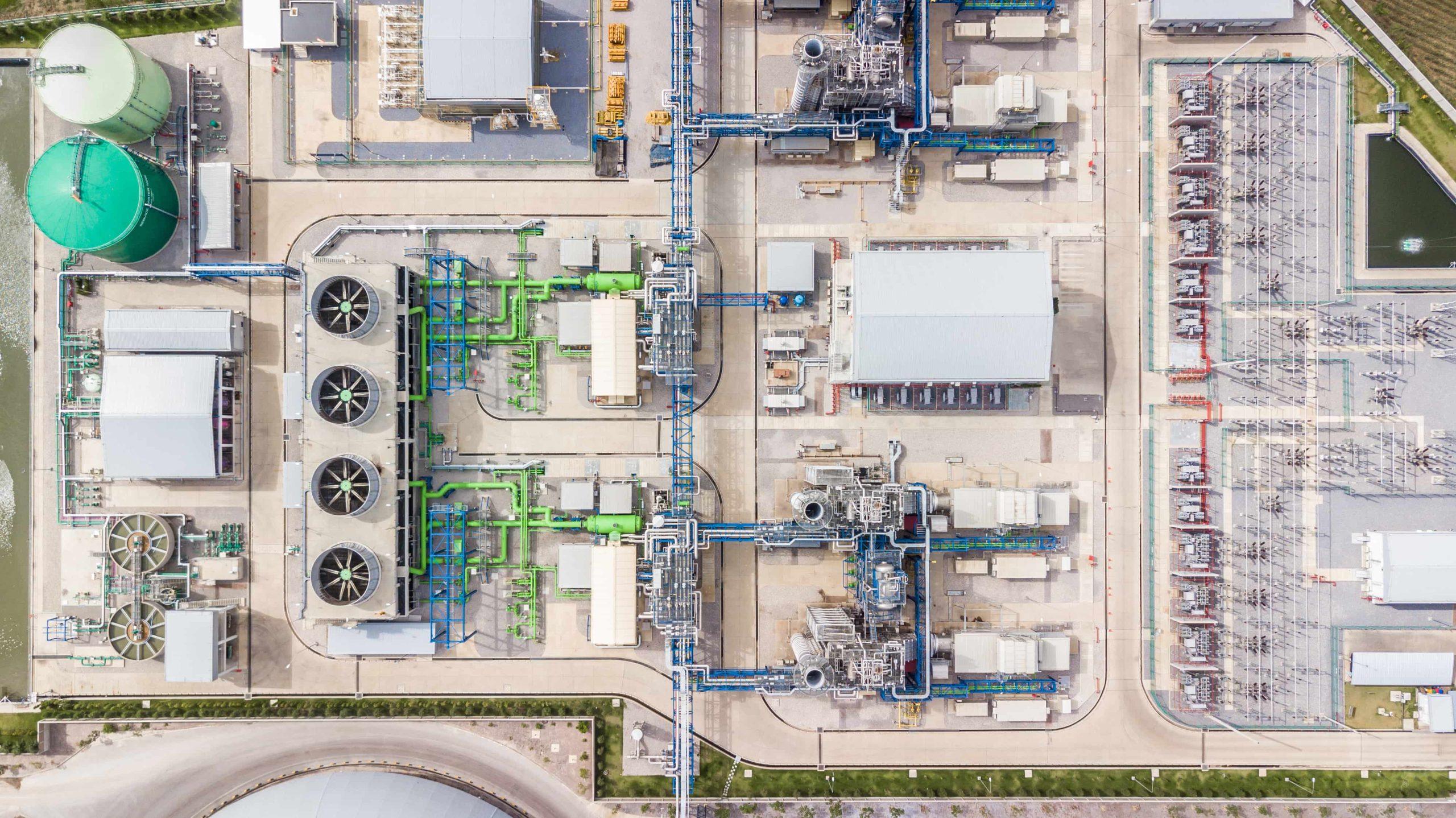We bring expertise across a broad range of carbon removal technologies, carbon avoidance, carbon displacement, and zero-emissions energy sources.
Your end-to-end guide through the energy transition.
EcoEngineers helps you navigate the disruption caused by climate change.
We offer comprehensive services across the clean energy continuum.

EcoConsulting
- Asset Development
- Life-Cycle Analysis
- Compliance Management
- Regulatory Engagement

EcoAuditing
Carbon reduction claims need third-party verification of carbon accounting to achieve pricing power, scale, and liquidity. EcoAuditing services ensure the integrity and accuracy of carbon declarations in the marketplace. Our audit plans incorporate rigorous, science-based measurement, reporting, and verification (MRV) protocols to account for every molecule of clean carbon used as fuel and for use in projects that claim tax credits or low-carbon fuel credits.
We recently received accreditation from the American National Standards Institute (ANSI) National Accreditation Board (ANAB), in accordance with the International Organization for Standardization (ISO).

EcoUniversity
The transition to a clean energy future requires a solid grasp of global policies, technologies, and carbon markets. Our comprehensive training workshops, which include market outlooks and executive modules help you effectively evaluate the impacts of climate-related risks on your business and maintain control over your environmental, social, and governance (ESG) goals.


Decades of experience with the complexities of carbon
Carbon markets play an important role in the energy transition. Eco identifies, assesses, and develops projects in voluntary and compliance carbon markets around the globe.
Our comprehensive Carbon Literacy training program helps you understand and adapt to evolving climate change issues and develop strategies to navigate and even benefit from this disruption.
We develop unbiased, science-based carbon accounting frameworks that provide standards for project eligibility, additionality, permanence, and data monitoring, reporting and verification across multiple industries.
We are EcoEngineers
With increasing pressure on businesses to reduce emissions, promote circularity, and track sustainability, maneuvering the energy transition is a complex process. EcoEngineers is your harbor pilot, steering you through the unpredictable waters of achieving your climate goals.
Our team of scientists, engineers, auditors, consultants, researchers, and market analysts live and work at the intersection of low-carbon fuel policy, innovative technologies, and the carbon marketplace. We help you speak the language of carbon and create long-term strategies that balance your business goals with carbon removals, fuel switching, global climate policies, life cycle analysis, carbon markets, project finance, and reporting and verification.
Together, we can create a world where clean energy fuels a healthy planet.
Our team
Our expert team of scientists, engineers, auditors, consultants, and researchers help you create long-term strategies to benefit your business and the planet.
Meet our Team
Innovative strategies, impactful solutions.
Would you like to connect with our experts?
Complete the steps below and we’ll get in touch with you as soon as possible.












